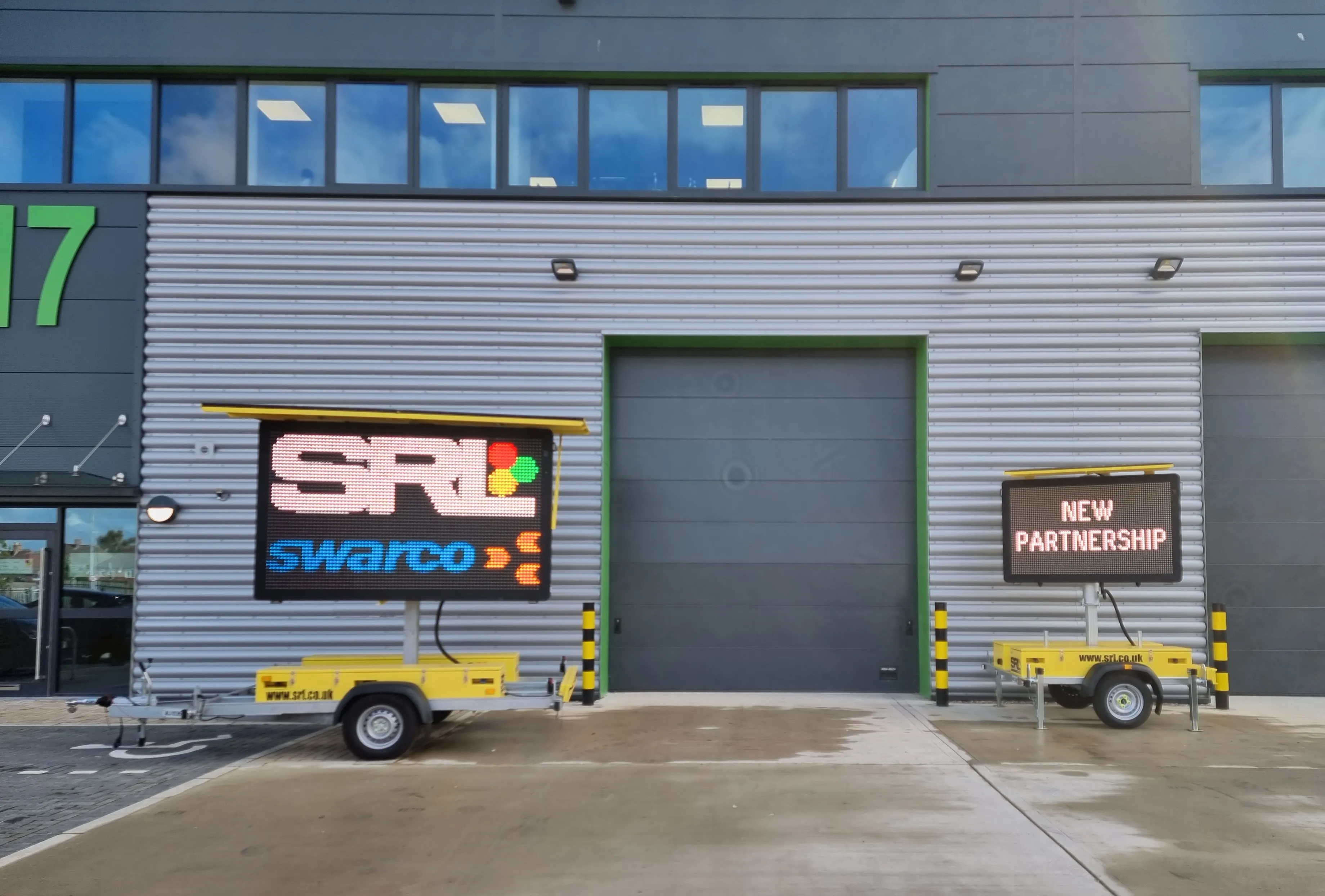A London-based parcel delivery service is to trial Vehicle to Grid (V2G) technology to help power 70 electric vehicles (EVs).
Gnewt by Menzies Distribution intends to use V2G to explore the ability of EVs releasing energy back to the grid when not in use.
The trial is part of a Cisco-led project called E-Flex which aims to demonstrate how V2G can help reduce the demand EVs put on energy networks.
Gnewt’s founder Sam Clarke says: “Through E-Flex, we’re able to sustainably carry on with our day-to-day operations, with charging our fleet becoming a less energy dependent exchange especially at peak times.”
E-Flex will install bidirectional chargers at Gnewt’s main depot in East London. The V2G infrastructure is expected to allow electricity to be bought and taken from the grid at off-peak times when it is less expensive. It can also be sold and released back to the grid when energy is in high demand and consumption is more expensive.
Maria Hernandez, head of innovation at Cisco UK & Ireland, says: “Reaching carbon neutrality is vital for many organisations, but additionally, E-Flex hopes to prove to businesses the commercial viability of a V2G infrastructure.”
E-Flex plans to connect 200 EVs in a real-world V2G testing environment. Fleet owners interested in taking part in the trial can sign-up online.
Gnewt to trial V2G tech to power EV fleet
A London-based parcel delivery service is to trial Vehicle to Grid (V2G) technology to help power 70 electric vehicles (EVs).
Gnewt by Menzies Distribution intends to use V2G to explore the ability of EVs releasing energy back to the grid when not in use.
The trial is part of a Cisco-led project called E-Flex which aims to demonstrate how V2G can help reduce the demand EVs put on energy networks.
Gnewt’s founder Sam Clarke says: “Through E-Flex, we’re able to sustainably carry on with our day-to-day op
November 6, 2019
Read time: 2 mins










